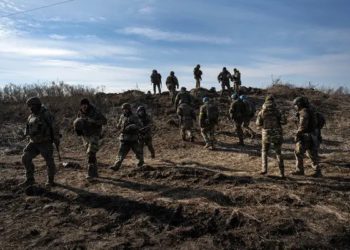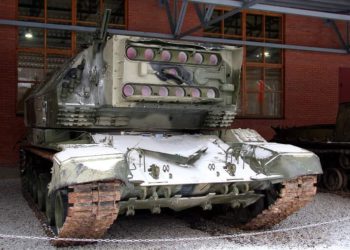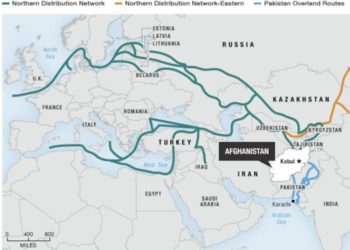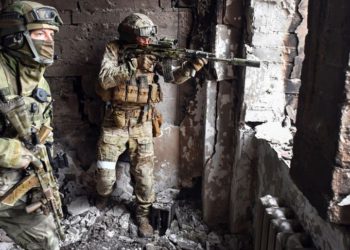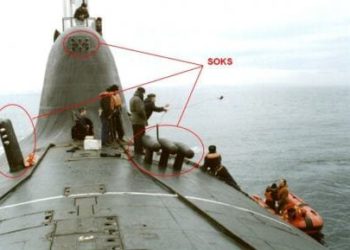The Near-War Incident: Imperial Russian Navy vs. British Empire
That time the Imperial Russian Navy nearly started a war with the British Empire….. Because they were paranoid as F++k.
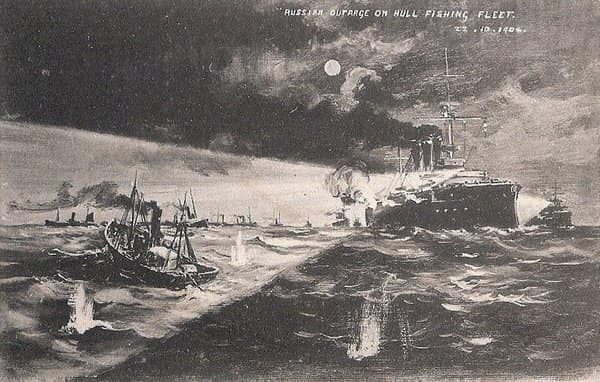
Now we all know just how much of a disaster the Russo-Japanese war was for Imperial Russia. Not only did it show Russia was a weak power, but the Battle of Tsushima was just the ultimate humiliation for the Tsar. But months before that fateful battle, there was an incident (one of many really) that really showed that the Russian Imperial Navy was anything but competent.
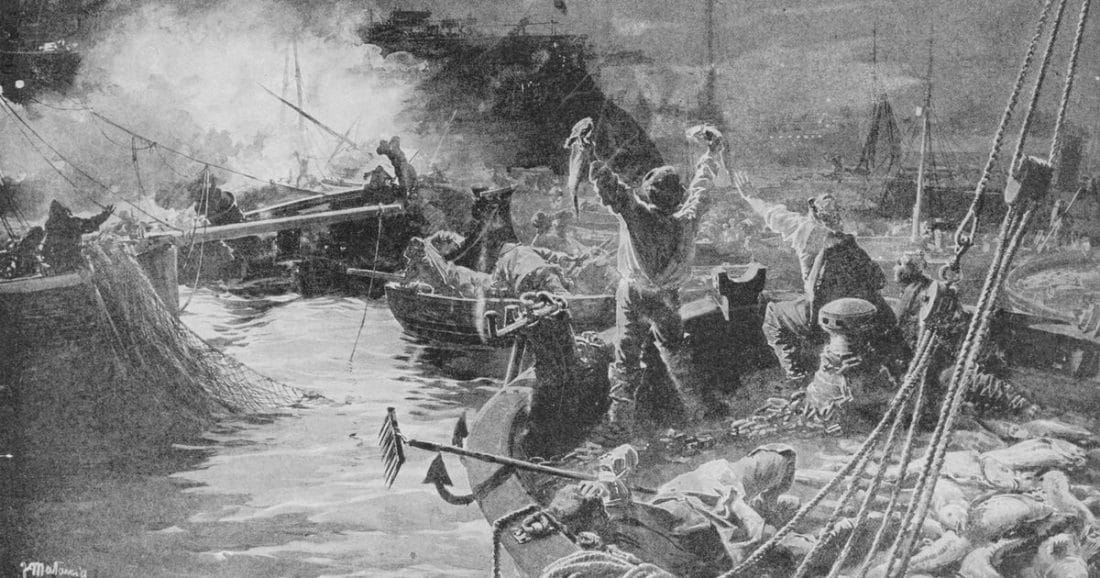
The Baltic Fleet’s Journey to the Pacific
Not too long after the Russian Pacific Fleet was blockaded by the Japanese in Port Arthur, the Tsar thought it would be a good idea to send the Russian Baltic Fleet all the way to the Pacific. Where they would not only break the blockade but allow the Pacific fleet to escape. (But we all know that never happened). Leading this force was Russian Admiral Zinovy Rozhestvensky who, to be fair, was probably the best person to lead the force. But while Rozhestvensky may have been the best man for the job, the men who served under him weren’t exactly what you would call “professional”.
You see, the Imperial Russian Navy (and military as a whole) was a conscription force. Many of whom were pulled from remote regions of the Empire and had never even seen the ocean until they arrived at port. So you can imagine just how these men felt when they found out not only would they be heading out to sea for what could be months, but also be going to war as well. Needless to say, nerves were already on edge as the fleet moved out of the Baltic and into the North Sea.
The Dogger Bank Incident
Especially since there was a rumor going around that the Japanese had torpedo boats waiting for them as they passed Denmark. But on the night of October 21, those fears seemed to have come to life. For as the Russian fleet made its way into the North Sea, they soon saw dozens of small vessels brightly lit on the horizon. Obviously, these were the much-feared Japanese torpedo boats that were about to attack, and as a result, the Russian ships opened fire. It was absolute chaos.

Gun crews fired wildly at the opposing “enemy” ships, as crewmates ran wildly on decks with swords in hand. Ready to repel supposed Japanese boarding parties, while others just laid on the deck with life jackets, waiting for the end to come. One cruiser, the Avora, actually got caught in the crossfire and was struck by gunfire, killing 2.
But it was soon realized that the “Japanese” fleet they had discovered, was actually a British trawler fleet out of Kingston upon Hull and were just dragging nets along the Dogger Bank. Now you think that the fishing boats would have been slaughtered in the engagement, but you would be wrong. Only one fishing vessel was sunk, and two fishermen were killed. As it turned out, the Russian gunners were absolutely atrocious when it came to aiming.
Aftermath and Repercussions
As you can guess, the British Government was none too happy about this incident and found it highly unlikely that such a “professional” naval force could confuse unarmed trawlers for Japanese warships. The Channel Fleet, which was larger than the entire Russian Navy, was mobilized and moved in to intercept the Russian fleet. But thankfully (for the Russian Government), cooler heads prevailed, and war was avoided. Though Moscow would eventually pay over £66,000 in compensation after a tribunal was held to investigate the incident. Rozhestvensky himself was also acquitted of any wrongdoing, as it was proved that he never gave the order to open fire and actually tried to stop the fleet.

But the UK banned the Russians from using the Suez Canal, and the Baltic fleet would have to go around Africa. Though the incident would come back to haunt them again as the fleet entered the Indian Ocean. As the local authorities in South Africa were said to have sent a message to the fleet, informing them that there was another fishing fleet that would be in their area. ~NC


